Success Stories
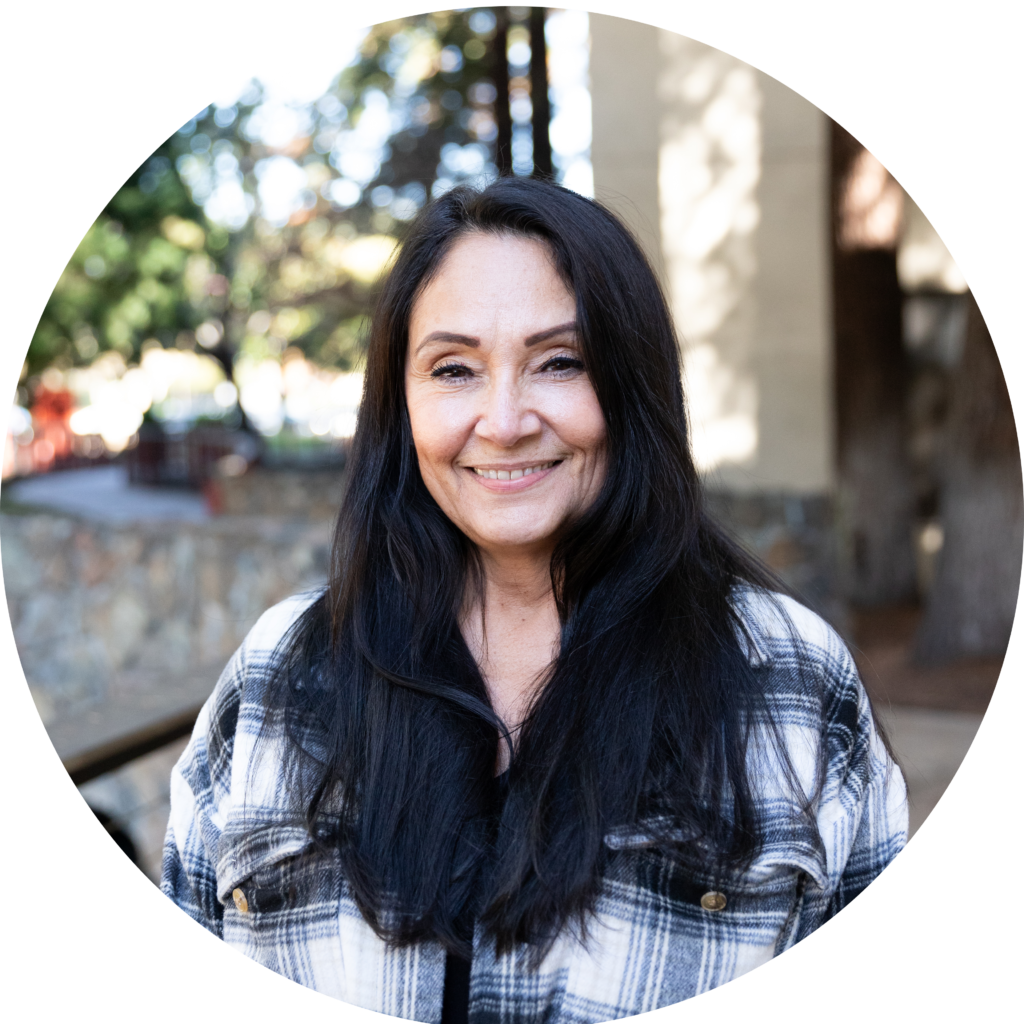
Shelly Lucero
Pathway Society is honored to celebrate the extraordinary journey of Shelly Lucero, a true testament to resilience, hope, and the transformative power of community support.
Shelly’s path was anything but easy. Abandoned by her family, Shelly became addicted to using substances by the age of 17. Determined to escape the cycle of incarceration and addiction, Shelly made the courageous decision to enter recovery through Pathway Society.
At Pathway Society, Shelly found the support and guidance she desperately needed. The comprehensive programs and compassionate staff empowered her to rebuild her life and achieve lasting sobriety. Her commitment to change not only freed her from the grips of addiction but also ignited a passion to help others facing similar challenges.
Read More
Recognizing her strength and dedication, Pathway Society welcomed Shelly as a House Manager. For over ten years, Shelly has poured her heart and soul into supporting residents at the very facility that saved her. Her leadership and empathy have created a nurturing environment where individuals can find hope, rebuild relationships, and pursue their own paths to recovery.
Shelly’s impact extends far beyond her role as House Manager. She has mentored and hired countless individuals striving to overcome their own struggles, providing them with the tools and encouragement needed to succeed. Shelly’s unwavering commitment has created immeasurable waves of positive change, touching lives and fostering a community of resilience and support.
Today, Shelly Lucero stands as a beacon of hope and transformation within the Pathway Society community. Her journey from abandonment and addiction to leadership and empowerment exemplifies the mission of Pathway Society—to uplift individuals and create lasting change through compassion and dedication.
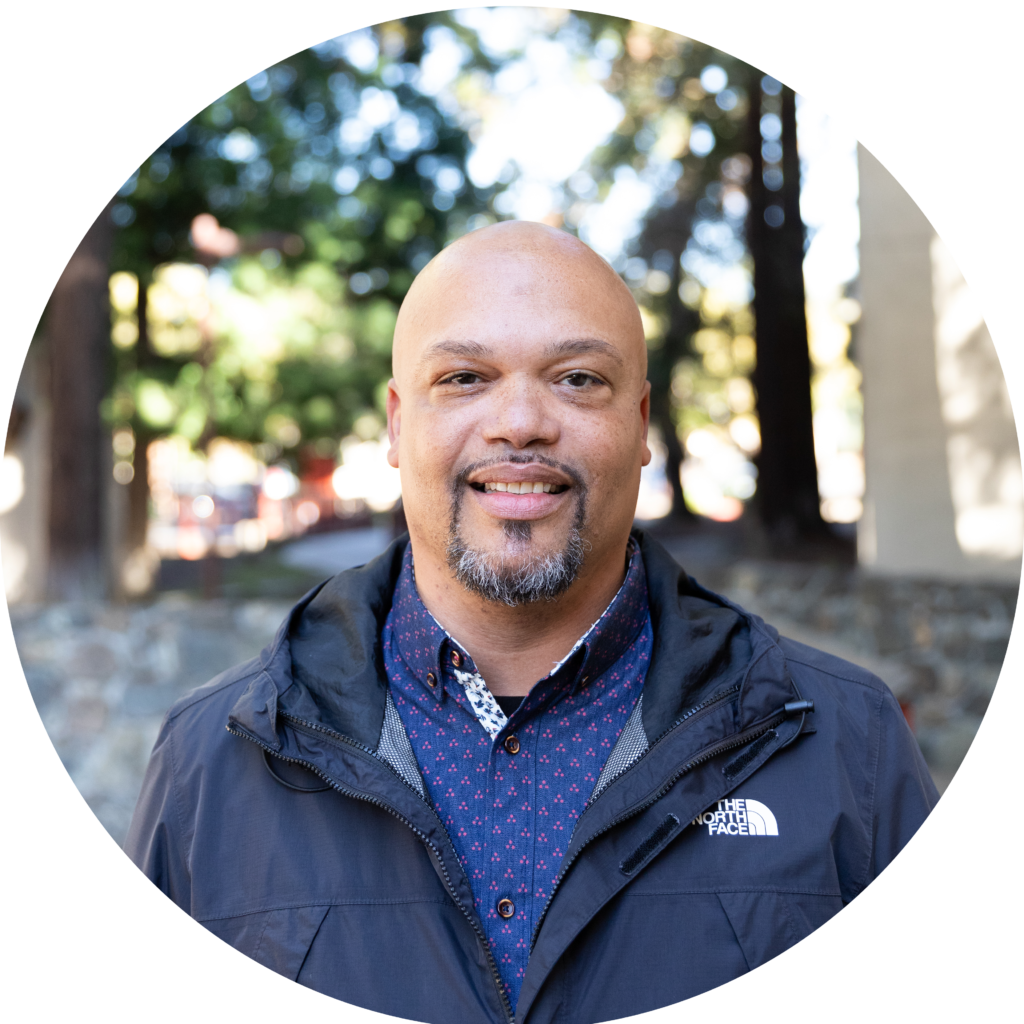
Frank
By 32, prison had become a reality for Frank. Offered a chance at change through a residential program, he reluctantly entered into a Transitional Housing Unit (THU), arriving worn down and discouraged, but ultimately deciding, “I chose to live.”
Determined to rebuild his life, Frank invested in his future. Under the guidance of Shelly Lucero, he first served as an Assistant House Manager in 2013. Working three jobs and passing federal testing, he gained financial freedom and the confidence that comes from hard-earned independence. After four years of dedication and growth, he was promoted to House Manager. In this role, Frank’s empathy and understanding shines brightly—having come from the same experiences as the clients that come in, he knows their struggles intimately and is able to offer invaluable support and compassion, even when they might not want it. He says, “My job is to be there for them no matter what, even if they don’t want it, just like how they were there for me.” Today, his mission is clear: be there for others the way Pathway Society has been there for him.
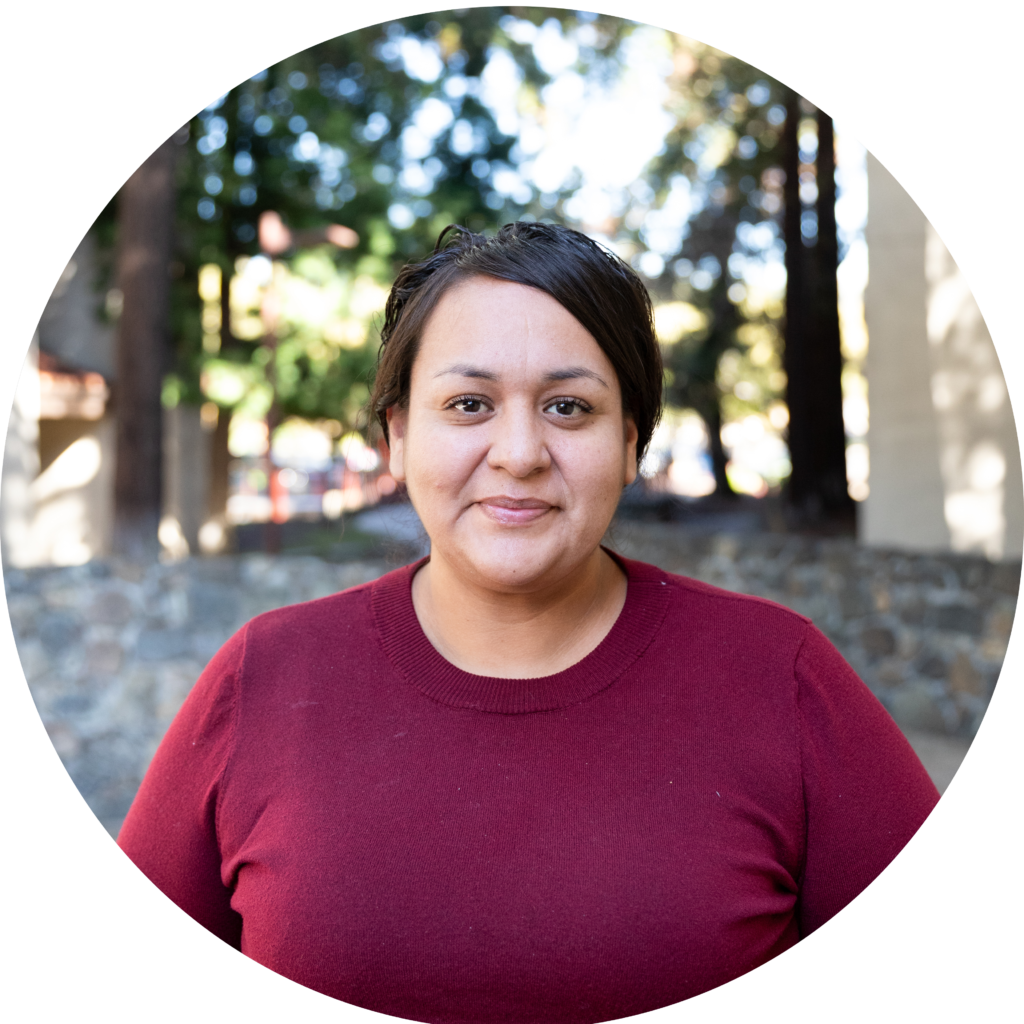
Sabrina Chavarria
At Pathway Society, we are honored to share the incredible story of Sabrina, an Admissions Coordinator at Pathway Mariposa Detox, whose swift actions and unwavering dedication embody the spirit of our mission.
On a critical day that highlighted the devastating impact of the fentanyl crisis, Sabrina made a life-saving decision. A client, initially reported to be using methamphetamine, experienced a sudden overdose. Unbeknownst to him, his system contained fentanyl—a potent and often undetectable substance that rapidly induces respiratory failure. Thanks to Sabrina’s quick response and Narcan administration, the client was revived, underscoring the critical importance of harm reduction strategies in our facility.
Sabrina’s heroic actions did not go unnoticed. She was honored with a Humanitarian Award from Pathway Society and named Counselor of the Year by Santa Clara County, recognizing her bravery and commitment to saving lives. These accolades are a testament to her relentless dedication and the life-changing impact she has on our community.
Read More
Sabrina has been vocal about the prevalence of fentanyl in various drugs, often unbeknownst to users, leading to unpredictable and fatal overdoses. At our 10-bed Pathway Detox facility, we serve 32-40 clients monthly, with approximately 10 testing positive for fentanyl each week. Sabrina practices and teaches the necessity of comprehensive harm reduction measures, including Narcan training for all staff and the use of fentanyl test strips to prevent tragic outcomes.
Sabrina’s commitment to helping others is deeply personal. Her story began at a young age, grappling with addiction and the challenges it brought. At 22, she made the life-changing decision to seek a new path, drawing strength from her faith in God and her determination to change. This pivotal moment fueled her passion to assist others facing similar battles, driving her to excel in her role and mentor countless individuals on their path to sobriety.
As an Admissions Coordinator, Sabrina plays a pivotal role in ensuring that each client receives the comprehensive care they need. From managing intake processes to coordinating COVID tests and urinalysis, Sabrina’s multifaceted responsibilities are crucial to the smooth operation of Pathway Mariposa Detox. Her dedication ensures that our clients have a safe, supportive environment to begin their journey toward recovery.
Sabrina’s efforts extend beyond immediate care. She actively participates in training sessions and community outreach programs, advocating for increased awareness and education about the dangers of fentanyl and the importance of harm reduction. Her work not only saves lives but also empowers others with the knowledge and tools necessary to combat addiction effectively.
Sabrina continues to inspire us all with her resilience and commitment to making a difference. Her story is a powerful reminder that recovery is possible and that with the right support, anyone can overcome the challenges of addiction.
Thank you, Sabrina, for your heroic actions and your relentless pursuit of a healthier, more hopeful community.
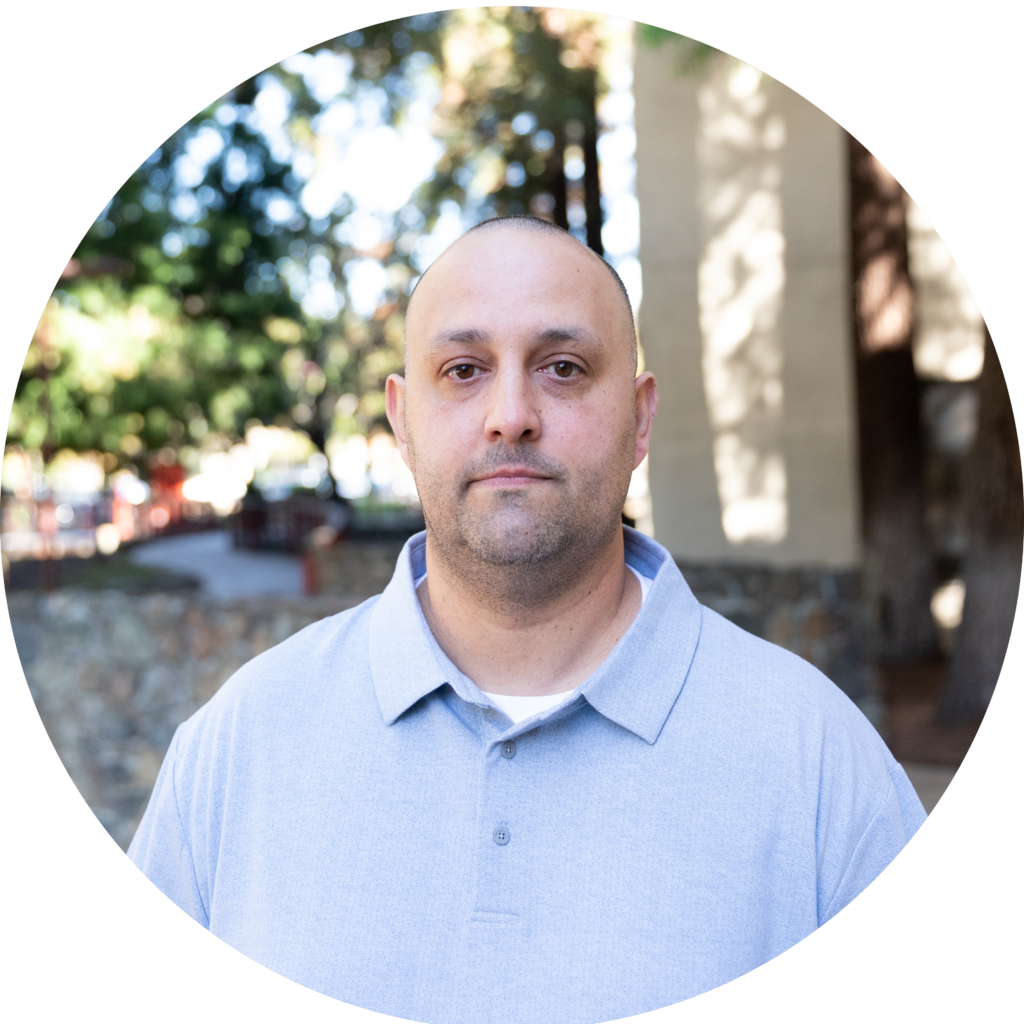
Sergio Valencia
Before finding his footing in sobriety, Sergio’s life was marked by instability and incarceration. Without a place to call home and repeatedly in and out of jail, he felt he was letting down not only himself, but also his mother—who, out of love and desperation, had once called the police on him. By 2012, Sergio had grown exhausted from this relentless lifestyle and made the courageous decision to turn things around.
His path to recovery led him to Pathway Society’s Transitional Housing Units (THU), where he found not just shelter, but also support and understanding. Impressed by the strides he was making and the responsibility he demonstrated, Shelly Lucero invited him to serve as a House Manager—a role that would empower him to guide others walking the same difficult road. Accepting this opportunity, and later an assistant position in 2013, Sergio discovered that by helping others navigate their own recovery, he was helping himself heal, too.
Read More
Today, Sergio’s story exemplifies what can happen when support meets determination. He has remained clean since 2012, and the compassion and guidance he offered others demonstrates how one individual’s transformation can spark a brighter future for many.
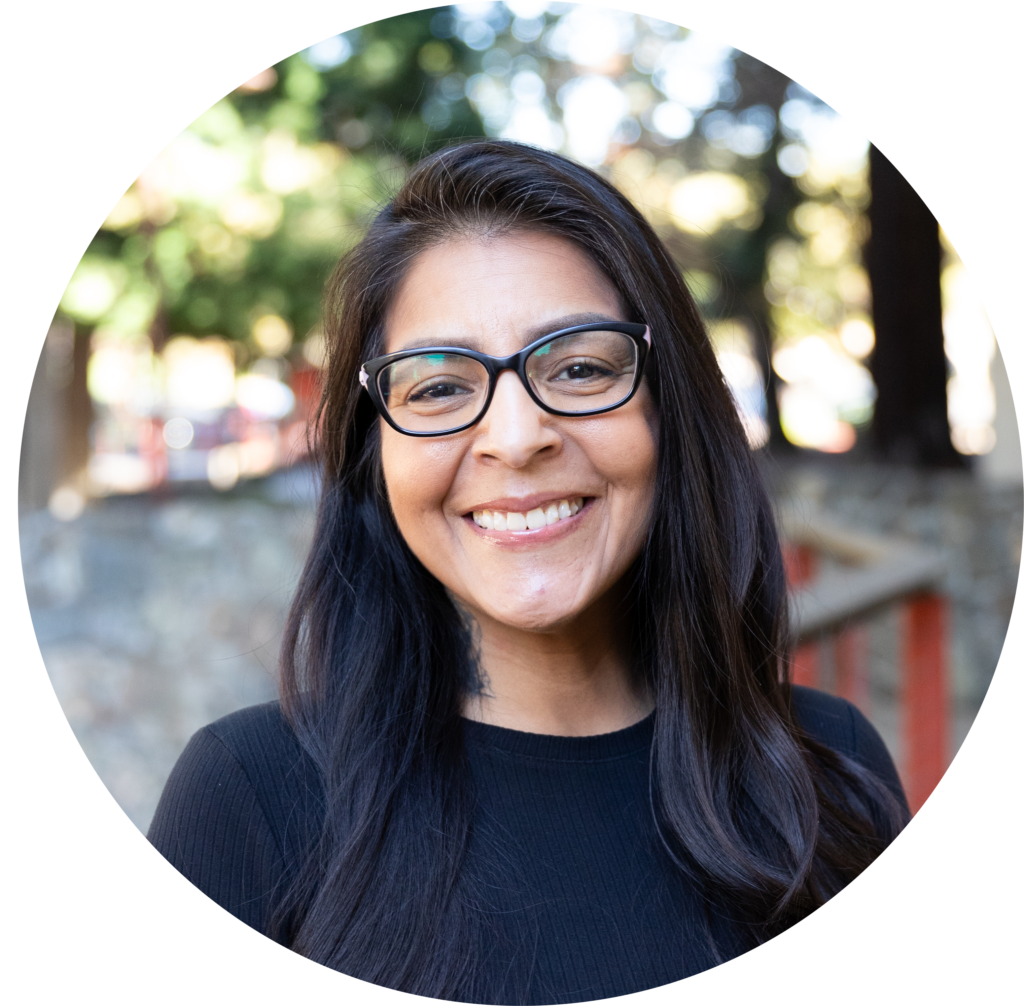
Mia Jaurigue
Pathway Society proudly highlights Mia Jaurigue’s inspirational journey of self-empowerment. After nearly twenty years of struggling with substance abuse, incarceration, she made a life-changing decision on May 27, 2010. She entered our women’s only residential program at Mariposa, where she was greeted by our compassionate staff. Today, she celebrates 14.5 years of sobriety and is passionate about being present and being the best version of herself for her daughter.
Determined to help others facing similar challenges, Mia pursued her degree at San Jose City College in the Alcohol and Drug Studies program. She interned at Mariposa–the very place that had given her a second chance–and eventually became an Assistant THU Coordinator at Pathway House, embodying the full-circle nature of her journey.
She continued to break barriers by expunging her felonies and advanced her career in Behavioral Health and Quality Improvement. Earning both her Bachelor’s and Master’s Degree in Social Work from San Jose State University, she now serves as a Medical Social Worker at Valley Medical Center.
Mia’s story is a powerful testament to resilience and the impact one person can make in the lives of others. It is never too late to transform your own life or to make a positive impact on others. She is an embodiment of hope, transformation and the mission of Pathway Society.
Where Do I Start?
Some people are able to use alcohol or recreational/prescription drugs without becoming addicted. For many others, though, substance use can be seen as a way to escape the problems in their lives and, unfortunately, bears much more serious consequences. The use of alcohol or drugs to cope with life’s problems only exacerbates existing problems and likely causes new problems, resulting in feelings of isolation, helplessness or shame.
If you’re worried about your own, or a friend or family member’s, drug or alcohol use, it’s important to know that help is available. Learning about the nature of alcohol and drug abuse and addiction—why and how it develops, what it looks like, and why it can have such a powerful hold—will give you a better understanding of the problem, whether there is one, and how to best deal with it.
Pathway Society is here to help you get the answers and support you need.